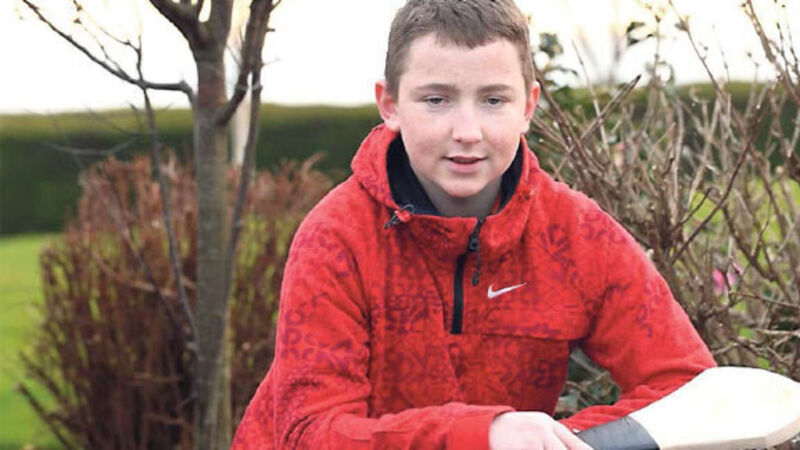Managing epilepsy: A young Cork teen is fighting back

ABSORBING the news that your child has epilepsy is distressing for any parent but for many life can continue as normal.
In fact Dr Amre Shahwan, a consultant paediatric neurologist at Temple St Children’s Hospital, Dublin, is of the opinion that “the sky’s the limit” for the one in every 200 children in Ireland with epilepsy as long as a few of sensible precautions are put in place.











